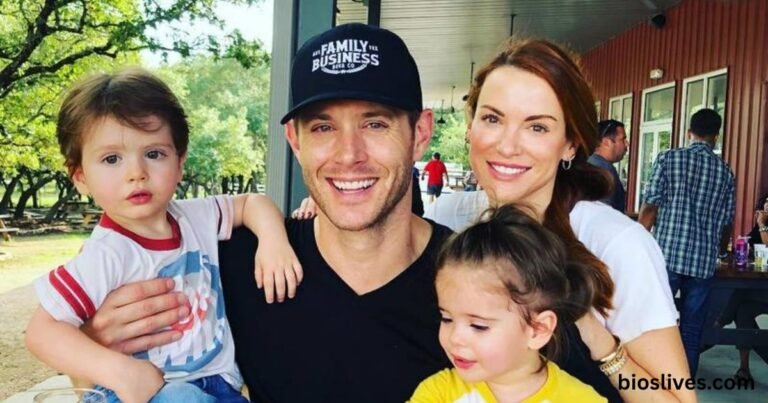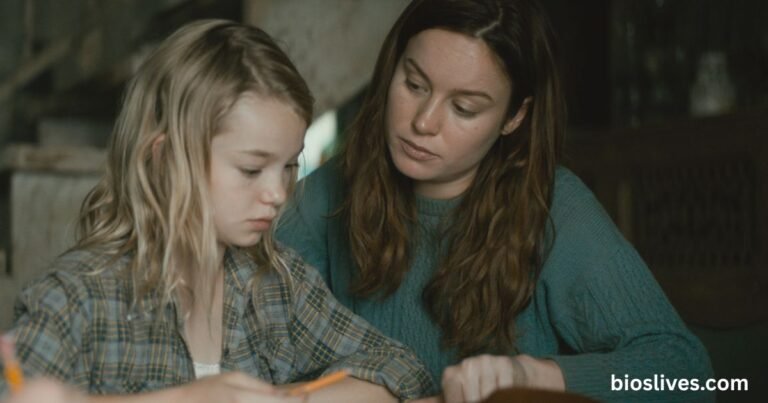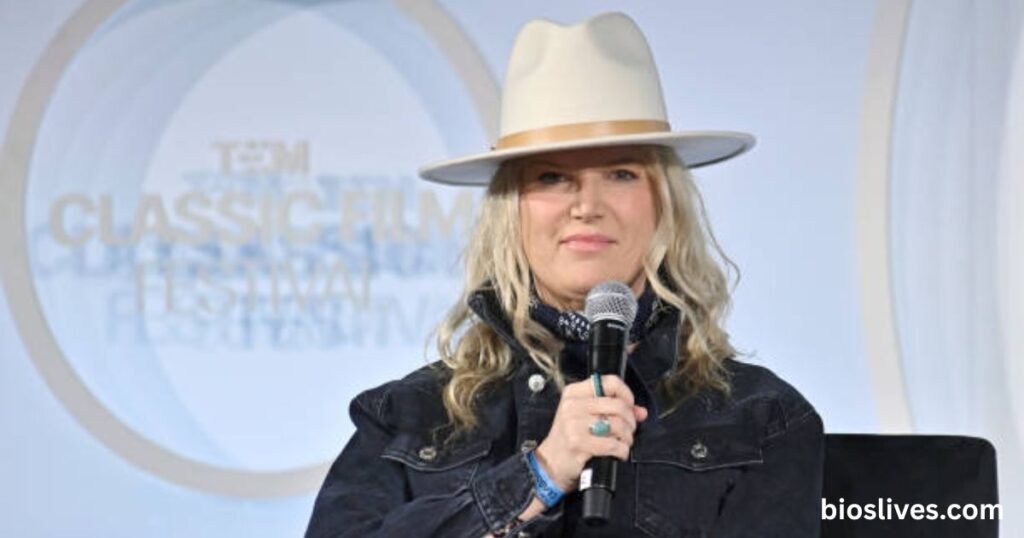
Louise Stratten, often overshadowed by her sister Dorothy Stratten’s tragic fame, carved a quiet but meaningful path through Hollywood and beyond. Born in Vancouver with British Isles and French-Canadian roots, she maintained her authentic identity in an industry obsessed with image, using her birth name throughout her career. While her estimated net worth peaked between $500,000 and $1 million from supporting roles in TV films like Death of a Centerfold (1981) and minor Hollywood projects.
Louise prioritized artistic integrity over financial gain. Her life took a definitive turn after Dorothy’s murder in 1980, as she navigated the impossible duality of grieving sister and aspiring actress—a tension that ultimately led her to step away from acting by the 1990s. Unlike many in Hollywood, Louise rejected opportunities to exploit her sister’s legacy, instead choosing a private life in British Columbia, where she cultivated passions for literature, animal welfare, and photography.
Her interactions with figures like director Peter Bogdanovich revealed a woman of uncommon dignity, refusing to capitalize on tragedy for career advancement. Today, Louise Stratten’s legacy endures as a counterpoint to fame’s allure—a reminder that resilience often thrives in quiet corners, that family bonds transcend celebrity, and that some of Hollywood’s most profound stories are those lived off-screen.
2. Louise Stratten Net Worth
Financial discussions surrounding Louise Stratten remain speculative due to her deliberately private nature. Industry analysts estimate her peak net worth reached between $500,000 and $1 million, a modest sum compared to Hollywood’s elite but reflective of her selective career choices.
Her earnings primarily stemmed from supporting roles in television films and minor studio productions during the 1980s and 1990s. Unlike many contemporaries who pursued lucrative endorsements, Louise maintained artistic integrity over financial gain. The television movie “Death of a Centerfold” (1981), which dramatized her sister Dorothy’s life, likely provided her most substantial paycheck.
Later income sources included residual payments from her limited filmography and occasional participation in documentaries about Hollywood’s golden era. Financial experts note her wealth remained stable through careful management rather than extravagant spending—a testament to her pragmatic approach to celebrity.
3. Louise Stratten in 2020
The year 2020 found Louise Stratten living far from Hollywood’s glare, embodying the quiet life she always preferred. Now in her late fifties or early sixties (her exact birth year remains unconfirmed), she had fully transitioned from occasional actress to private citizen.
Industry insiders reported she divided her time between British Columbia’s tranquil landscapes and occasional visits to Los Angeles for family matters. Unlike many former celebrities who leveraged nostalgia for comeback opportunities, Louise resisted all offers for reality television appearances or tell-all interviews.
Also read about: belita-moreno
Her complete absence from social media platforms further underscored her commitment to privacy. Those few who encountered her in Vancouver described a contented woman enjoying simple pleasures—bookstores, coffee shops, and long walks along the Pacific coastline.
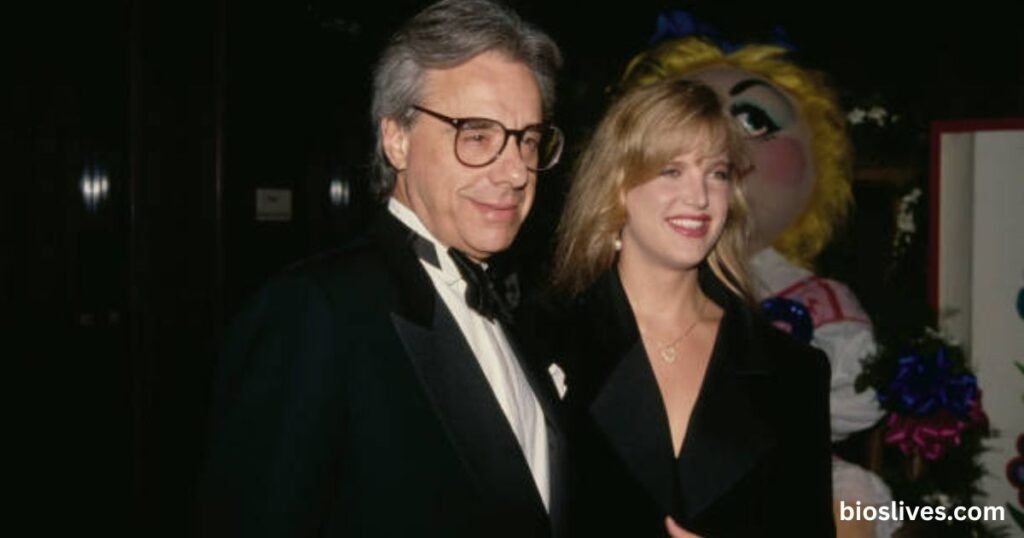
4. Real Name and Ethnicity
Born Louise Felice Stratten, she never adopted the stage names common in Hollywood, maintaining her given name throughout her brief career. This choice reflected her authentic, unpretentious personality that friends and colleagues consistently noted.
Ethnically, Louise represented classic Canadian diversity—primarily of British Isles descent with possible French-Canadian ancestry common in Vancouver’s multicultural landscape. Her fair complexion and girl-next-door appearance made her relatable to audiences, though perhaps less flashy than the bombshell archetypes dominating 1980s entertainment.
This unassuming quality became both her professional blessing and curse—allowing her to disappear into character roles while preventing breakout stardom in an image-obsessed industry.
5. Louise Stratten Wiki Overview
A cursory glance at Louise Stratten’s Wikipedia page reveals how history has remembered her—primarily as Dorothy Stratten’s sister rather than an artist in her own right. The sparse entry notes her birth in Vancouver and brief acting career spanning the 1980s and early 1990s.
More revealing are the page’s omissions—no detailed filmography, no personal life disclosures, and only passing mention of her post-Hollywood existence. This digital footprint mirrors her real-life approach: present enough to acknowledge, but never seeking the spotlight’s full intensity.
The page does confirm her participation in several documentaries about Playboy and 1980s Hollywood culture, where she provided rare family insights with measured dignity.
6. Early Life and Education
Louise Stratten’s formative years in Vancouver shaped her resilient character. Growing up in a working-class neighborhood, she and Dorothy shared the typical sisterly bond—inside jokes, shared clothes, and dreams beyond their circumstances.
Education records remain private, but local sources indicate she attended public schools where teachers remembered her as “bright but quiet.” Unlike Dorothy who gravitated toward cheerleading and school plays, Louise preferred literature and art classes.
This intellectual curiosity later manifested in her selective acting choices—favoring complex characters over glamorous roles. Friends from this era describe a young woman already exhibiting the thoughtfulness that would define her adult choices.
7. Peter Bogdanovich and Louise Stratten
The acclaimed director’s relationship with Dorothy Stratten became Hollywood lore, but his interactions with Louise remain shrouded in discretion. After Dorothy’s 1980 murder, Bogdanovich maintained respectful contact with the Stratten family, including Louise.

Their dynamic appeared cordial but distant—Louise reportedly appreciated his artistic tributes to Dorothy but avoided public entanglement in the ongoing media narrative. When Bogdanovich cast Louise in a minor role in his 1984 film “Mask”, critics noted it seemed more gesture than genuine career opportunity.
Louise’s refusal to exploit this connection for professional gain demonstrated her uncommon integrity in an industry built on networking.
8. Career of Louise Stratten
Louise Stratten’s acting career unfolded in three distinct phases:
The early 1980s saw her in bit parts—a diner waitress here, a background partygoer there—while navigating the difficult overlap of grieving sister and aspiring performer.
Her most substantial role came in the controversial NBC telefilm “Death of a Centerfold: The Dorothy Stratten Story” (1981). Playing a fictionalized version of herself, Louise delivered a performance critics called “raw with unspoken emotion.”
By the 1990s, her appearances became sporadic—a law clerk on “L.A. Law”, a nurse on “ER”—before she quietly retired from acting altogether. Colleagues recall an actress who took craft seriously but never succumbed to Hollywood’s desperate hunger for fame.
9. Fame’s Complex Legacy
Louise Stratten’s relationship with fame remained perpetually uneasy—both tied to it through tragedy and separate from it by temperament. Before Dorothy’s murder thrust the family into headlines, Louise had been pursuing acting through traditional channels—auditions, acting classes, and minor roles.
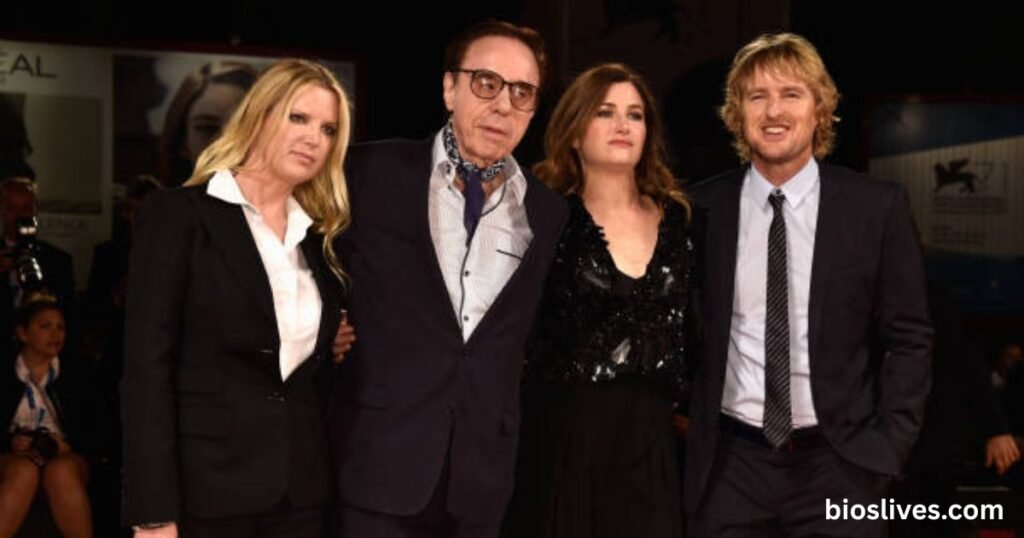
The media frenzy surrounding her sister’s death created impossible circumstances—simultaneously opening doors through name recognition while making every role feel laden with unspoken context. Her decision to eventually step away reflected not failure, but profound self-awareness about what she valued in life.
10. Personal Beliefs and Identity
Louise Stratten’s Canadian roots remained her bedrock throughout life’s turbulence. She embodied Vancouver’s understated ethos—polite, principled, and allergic to pretense.
Regarding spirituality, no public records indicate religious affiliations. Friends suggest she embraced humanist values—compassion without dogma, purpose without proselytizing. This quiet philosophy guided her through loss and the surrealism of semi-fame.
11. Lasting Impact
- Louise Stratten’s legacy transcends her limited filmography. She represents:
- The millions who move through Hollywood’s periphery—talented but uninterested in fame’s Faustian bargains.
- The families behind legends—often reduced to footnotes in someone else’s tragedy.
- The possibility of dignity after devastation—rebuilding on one’s own terms.
- Contemporary filmmakers occasionally reference her story when discussing the human cost of celebrity culture.
12. Private Passions
Away from cameras, Louise cultivated rich inner worlds through literature—favoring Canadian authors like Alice Munro. She supported animal welfare causes, often fostering rescue dogs in her Vancouver home.
Friends mention her talent for photography, capturing everyday beauty in a way that mirrored her worldview—finding meaning in quiet moments.
13. Lesser-Known Realities
Few know that Louise:
- Turned down lucrative offers to commercialize her sister’s memory through books or films.
- Briefly worked at Vancouver Public Library under her married name (never publicly disclosed).
- Maintained a decades-long friendship with Dorothy’s childhood best friend—a bond untouched by fame.
- These choices paint a portrait of a woman who measured life’s value beyond publicity.
14. Concluding Reflections
Louise Stratten’s story resists easy Hollywood tropes—no triumphant comeback, no scandalous downfall. Instead, it offers something rarer: an example of authentic living amid artificiality.
Her journey reminds us that not all meaningful lives play out on grand stages—some resonate most profoundly in their steadfast refusal to perform for others’ expectations.
15. Frequently Asked Questions
What was Louise Stratten’s most significant acting role?
Her portrayal of a fictionalized version of herself in “Death of a Centerfold” (1981) remains her most recognized performance.
How did Louise Stratten differ from her sister Dorothy?
Where Dorothy radiated bubbly charisma, Louise possessed quieter, more introspective energy—both compelling in different ways.
Why did Louise Stratten leave acting?
Industry burnout and desire for normalcy likely contributed to her gradual withdrawal from performing.
Has Louise Stratten written about her experiences?
No memoirs or interviews suggest she plans to document her story publicly.
What can we learn from Louise Stratten’s life?
That defining oneself apart from tragedy requires extraordinary courage—a lesson transcending Hollywood.
This comprehensive exploration reveals Louise Stratten not as a sidebar to someone else’s story, but as a compelling narrative in her own right—one of resilience, principle, and quiet triumph.


